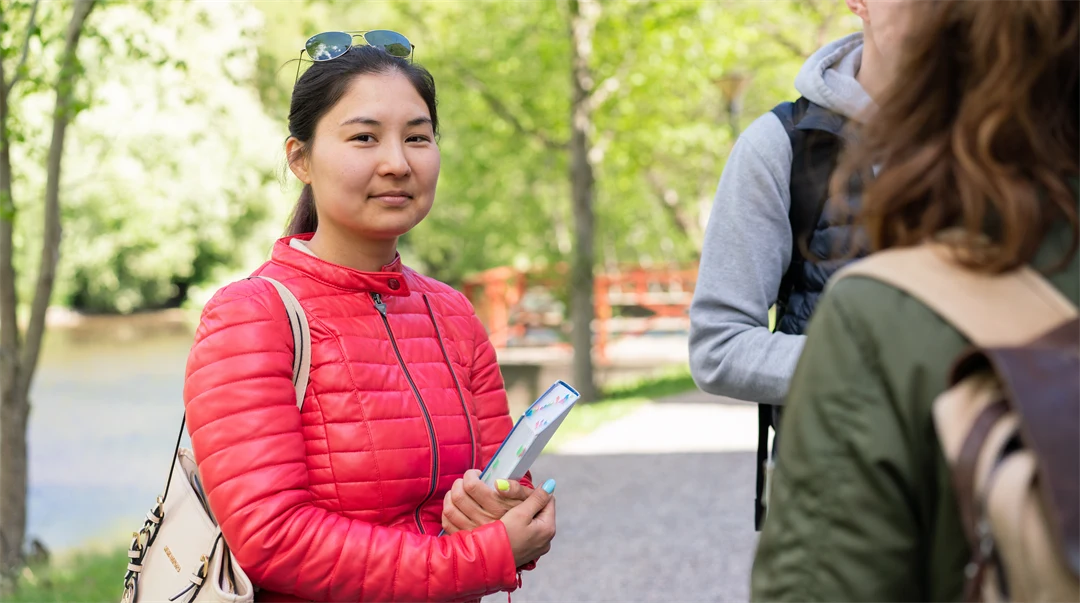Master in Sociology: Risk, Resilience, Working Life, 120 Credits
This two-year Master's program offers broad sociological knowledge that is particularly applicable to those interested in risk, resilience, and working life. You will use sociological theories to analyze issues relevant to these topics internationally as well as nationally and locally. The program provides you with both theoretical and methodological tools that are of relevance for a working life, both within, and outside of, academia.
- Start: Autumn semester 2025
- Level : Second cycle
- Language of instruction: English
- Code: MIU-M4M91
- Study form: Campus
- Study pace: 100%
- Campus: Östersund
About the programme
The program develops your critical thinking and your ability to conduct analyses in the sociological specialization areas of risk, resilience, and working life. The program is designed to provide insights into different activities of work organizations, as well as in research. Practical examples will give you tools to critically and systematically integrate knowledge and to analyze, assess, and manage complex phenomena, issues, and situations. The program includes solid methodological training to prepare you to conduct, for instance, evaluations as well as independent research, and participate in commissions
With its focus on risk, resilience, and working life, the program combines three strong sociological research areas and thereby leads to cutting-edge knowledge. The capabilities acquired will prepare you for a wide range of career opportunities, while the program is also preparatory for academic research. You will gain in-depth knowledge in for instance work with investigations, evaluations, the production of policy documents, and evaluations as well as work with sociological theories and scientific texts. Importantly, the program integrates a gender equality and sustainability perspective. In sum, the program combines in-depth subject knowledge with broader perspectives and links to the labor market and society at large.
The structure of the teaching
The program is a campus-based education at Mid Sweden University, campus Östersund. The program consists of full-time studies over two years (120 credits), with the possibility of scaling down to a 60 credit exam. The program includes an optional internship period during the third semester. During the program, you will have extensive possibilities for exchange studies.
Entry requirements
A bachelor's degree of at least 180 credits in social or behavioural sciences, of which a minimum of 60 credits in sociology. An independent project/thesis in social or behavioural sciences at the bachelor’s level equivalent to 15 credits. English course 6/English course B from Swedish Upper Secondary School. (Gymnasium) or the equivalent.
Title of qualification
Degree of Master of Arts/Science (120 credits)
Degree of Master of Science (120 credits) with a major in Sociology
After the programme
The program provides a unique profile combining the Sociology of work, organization, and human resources with Sociology of risk, crisis, and resilience. This gives you the opportunity to work in a wide range of fields, from crisis management in human resources to investigation and development work in international, public, and private organizations. Your studies also focus on research design, providing an excellent foundation for doctoral studies.
Work experience contact
The program includes the opportunity of an internship period and most of the program's courses will include guest lectures from different sectors and work organizations as well as academic researchers.


